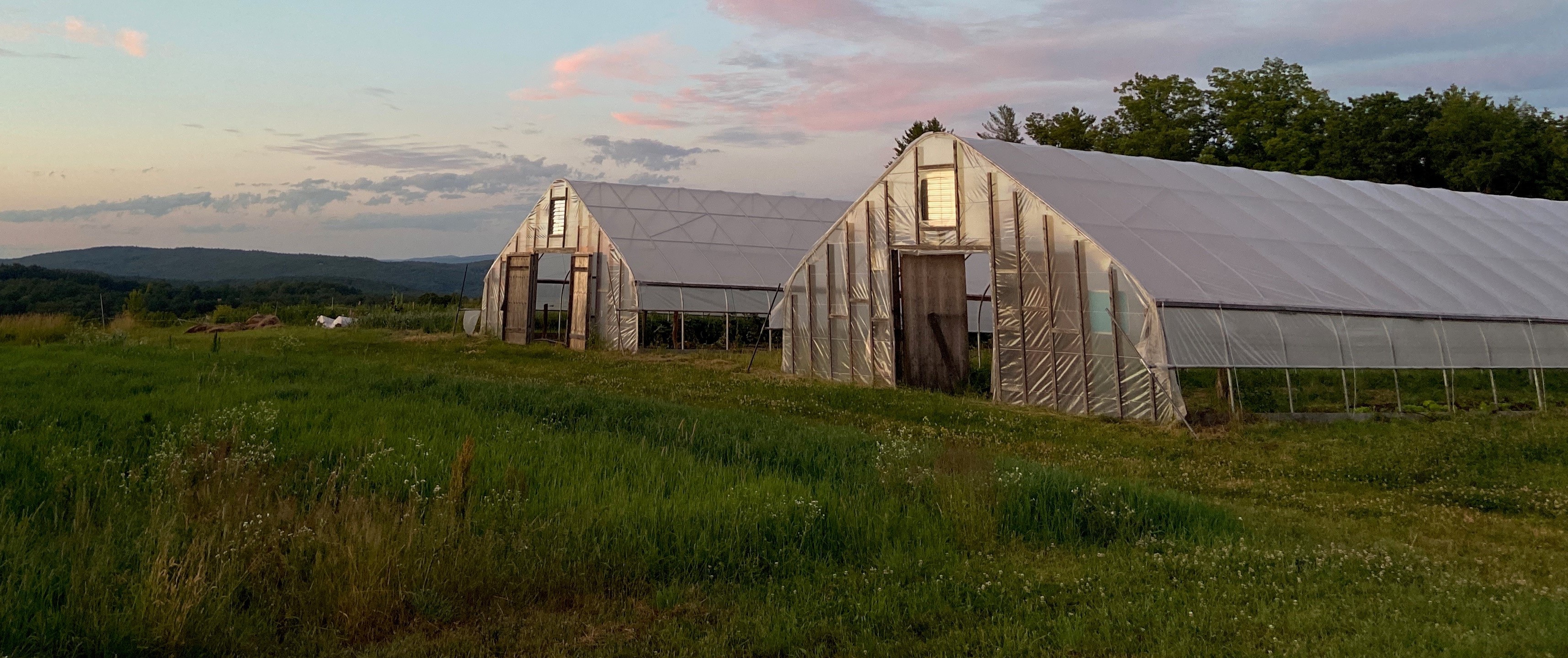Alyssa Huang is a law student in the HLS Food Law & Policy Clinic and a guest contributor to this blog.
This past week students and instructors from Harvard Law School’s Food Law and Policy Clinic traveled to Washington D.C. to attend the Food Not Feed Summit. The Summit was hosted by a growing coalition of organizations across a wide range of interests including farmers and ranchers, environmentalists, legal advocates, animal activists, public health officials, food systems workers, and more. The aim of the two-day event was “to establish an agenda of shifting federal farm programs toward fiber-rich foods and regeneratively raised livestock and poultry within a system that’s fair and equitable from seed to fork.”
The first morning of the summit consisted of informational programing on the modern domestic industrial agriculture system, impacts on human health, and policy actions for change. According to The Economics of Farmers Feeding Their Neighbors Healthy Foods presentation by Alison Grantham, PhD, of Grow Well Consulting, only approximately 6% of all U.S. farmland is used to grow crops for human consumption. More than 70% of harvested crop land in the U.S. is comprised of corn, soy and hay all of which are used largely for livestock feed. Government policies such as—superficially inflated commodity prices, government payments (crop subsidies and crop insurance), farmland tax treatments, and other production costs alleviations—financially support and reward a broken system of mono-cropping feed grains. This not only harms the environment but exacerbates the national epidemic of food insecurity/hunger and poor nutrition. Additionally, importing more than half of our horticultural products leaves our country vulnerable to shocks in the global food supply chain as seen in the COVID-19 pandemic.
Senator Cory Booker gave a speech, Ending the Contraction: Realigning Farm Programs for a Healthy Food System, in which he outlined 5 policies that he hopes to push in this year’s Farm Bill. First, increase the scale and funding of the Gus Schumacher Nutrition Incentive Program (GusNIP) to increase access to healthy foods for millions of Americans and aid farmers growing local produce. Second, expand crop insurance for specialty crops to stimulate the domestic growth of fruits and vegetables. Third, reform conservation programs, EQIP and CRP, to better serve the interests of specialty crop farmers. Fourth, fix the Checkoff Programs to promote instead of harm small independent farmers. Fifth, strengthen the Packers and Stockyard Act to break the stranglehold that mega-corporations have over the vertically integrated food system, especially in meat production. Lastly, he touched on a moratorium on new factory farms, banning harmful chemicals commonly found in pesticides, and elevating the voices of disenfranchised food systems workers.
Armed with these striking facts and specific agricultural policy positions, I along with hundreds of other summit attendees descended upon Capitol Hill to meet with the staffers of congresspeople from all over the country. I found this advocacy opportunity to be invaluably educational and empowering. I met with senators and representatives’ staffers, all along the political spectrum, and educated them on the dire situation of our nation’s modern agricultural system. I had a particularly adverse audience in one of my meetings and we were able to find common ground on the expansion of agroforestry due to its many uncontroversial ecological and economic benefits. In that meeting I learned that as an advocate, it is important to make specific monetary demands as funding is commonly thought of as a zero-sum game in the Farm Bill. It can be challenging to face the complex realities of congressional appropriations; however, it motivated me to work harder in pursuit of my policy goals, nutrition education, as I know the expenditures can reap well more than its value in societal benefits.
This work is vitally important as this year, 2023, is the year that a new Farm Bill will hopefully be negotiated and legislated in Congress. All in all, I would highly encourage all those who read this blog post to contact your local representative and remind them, in this year’s Farm Bill, prioritize feeding the American people healthy and nutrition produce over propping up the international livestock feed industry.
The views and opinions expressed on the FBLE Blog are those of the authors and do not necessarily reflect the official policy or position of FBLE. While we review posts for accuracy, we cannot guarantee the reliability and completeness of any legal analysis presented; posts on this Blog do not constitute legal advice. If you discover an error, please reach out to contact@farmbilllaw.org.


